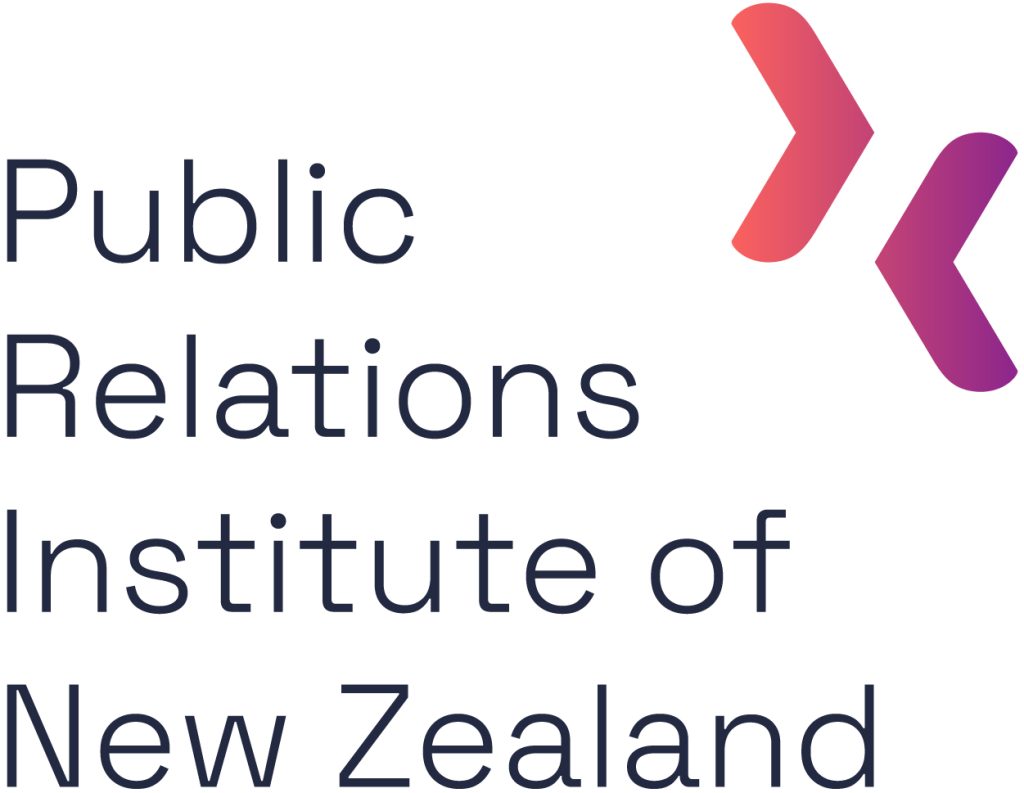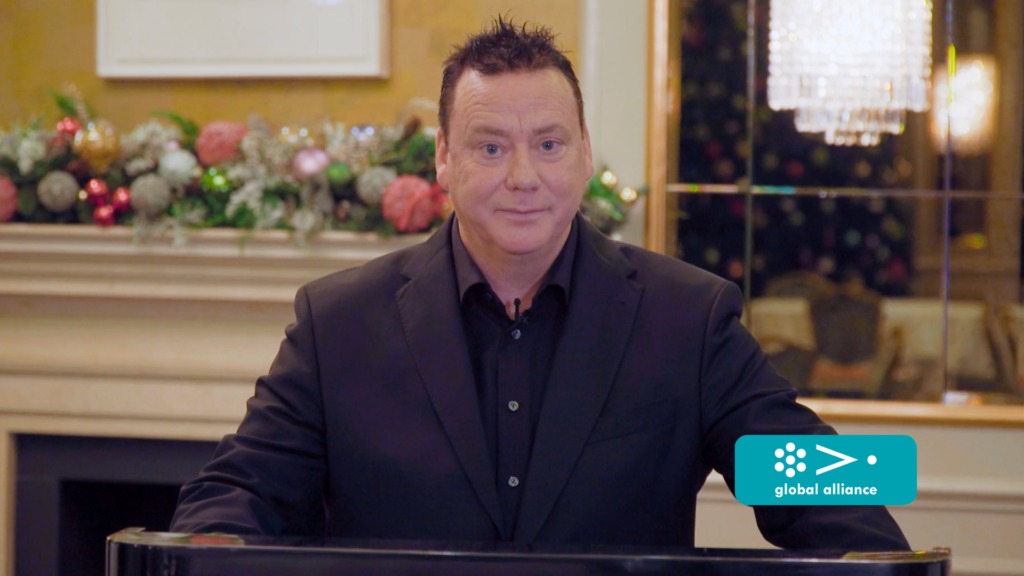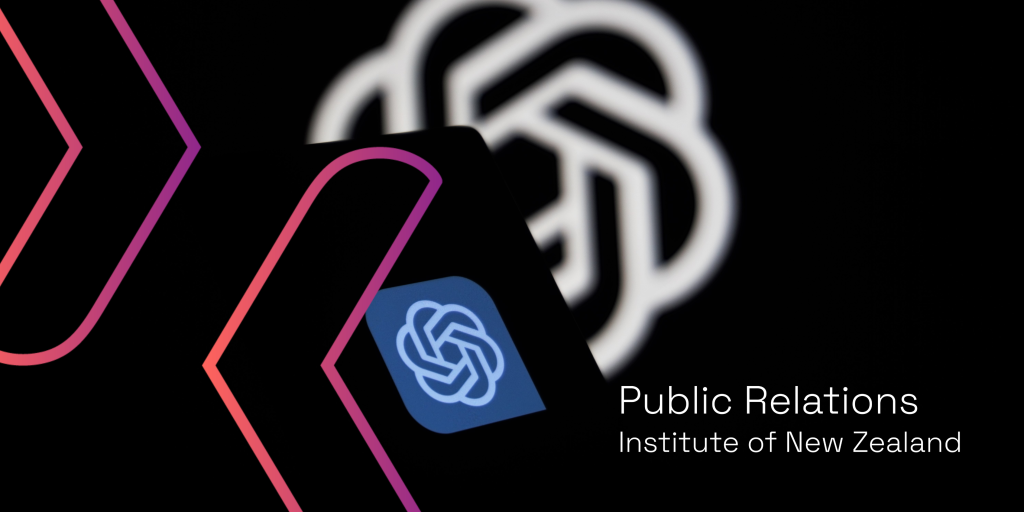Professional ethics: matching our internal thinking with our outward actions by PRINZ Chair, Heather Claycomb
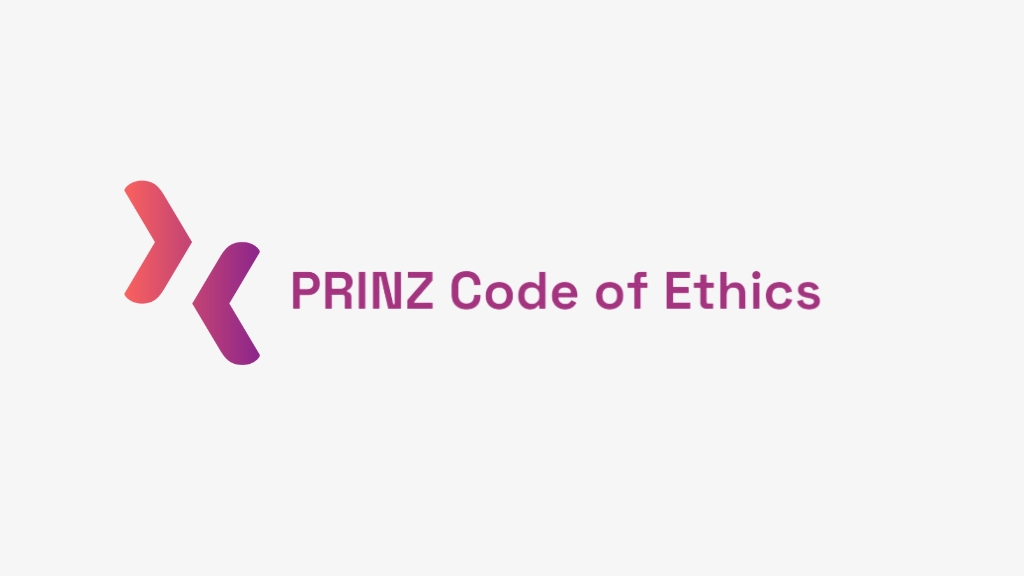
Have you ever been caught out by a slip of the tongue, a flippant email sent in haste or giving an un-considered opinion in a public setting that came back to bite you later?
If we’re honest with ourselves, most likely we’ve all got a story somewhere along the line.
And as a public relations and communications professional, I need to be aware that everything I say and do has the potential to be ultra-scrutinised by others in my profession, by the media, by my clients and my business colleagues.
That’s a lot of pressure sometimes, and I certainly can’t say I always get it right. So, how do I personally minimise the risk of making a faux pas at work that inadvertently becomes a media headline or invites negative backlash on social media?
For me, having a professional ‘ethical compass’ certainly helps. As a member of the PR Institute of NZ (PRINZ), I’ve signed up to abide by the PRINZ Code of Ethics.
Now, it would be easy for me to tick the box and say I agree with this Code and move on.
However, where the real challenge comes is truly using it as my North Star. I need to be checking my professional behaviours against this Code to ensure they are:
- Honest
- Fair
- Professional
- Respectful
- Legal
Okay, so far so good. I consider myself to generally be a pretty ethical person. At the best of times, I don’t generally have an issue abiding by any of this. Easy, right? Not really.
Abiding by a Code of Ethics is all well and good when you’ve got time for consideration and weighing up options.
But where the real test of professional ethics comes into play is when you’ve got to think quick on your feet, when you are angry or annoyed at someone, or when you’re confronted and put on the defense in a professional setting.
When I’m annoyed that a client continually refuses to take my advice, does unfair criticism come out of my mouth when my blood is boiling? Or do I provide objective counsel and then agree to disagree?
When a journalist seems to be picking on a client or refusing to let a negative angle go, do I personally attack the person and denigrate them to my colleagues? Or do I decide not to engage in personal criticism?
When I become aware of a negative client news story that may eventuate, do I actively work to cover it up and shut it down? Or do I prepare my client to front the situation with openness and transparency?
My advice to my communications colleagues is to take a moment before you’re neck-deep in that next pressure point, and tell yourself that you will choose to: bite your tongue, delete that angry email before you send it and give the devil on your shoulder the flick.
And, most importantly, keep a copy of the PRINZ Code of Ethics on your desk. It’s the most essential tool in a PR professional’s career toolkit.
